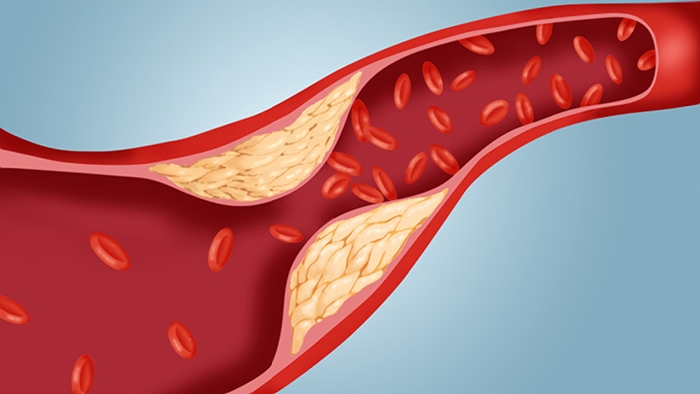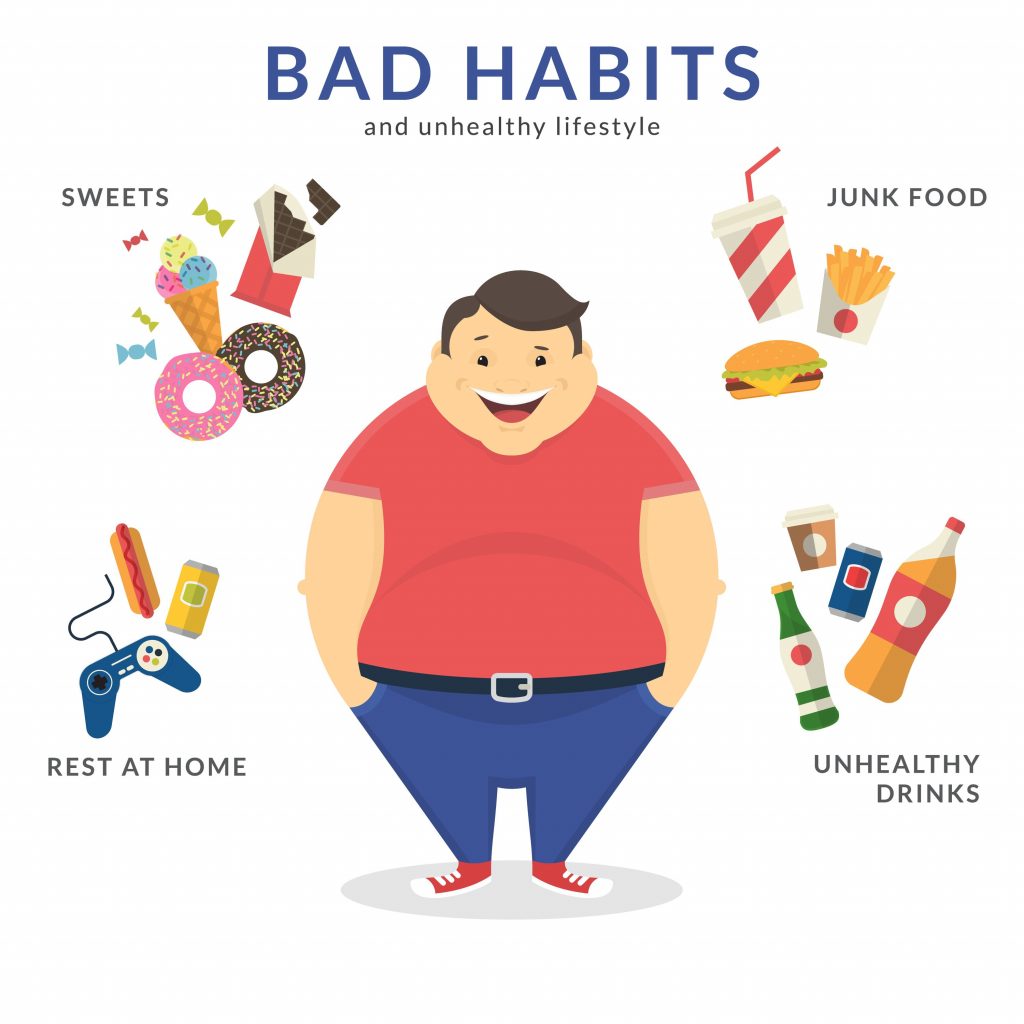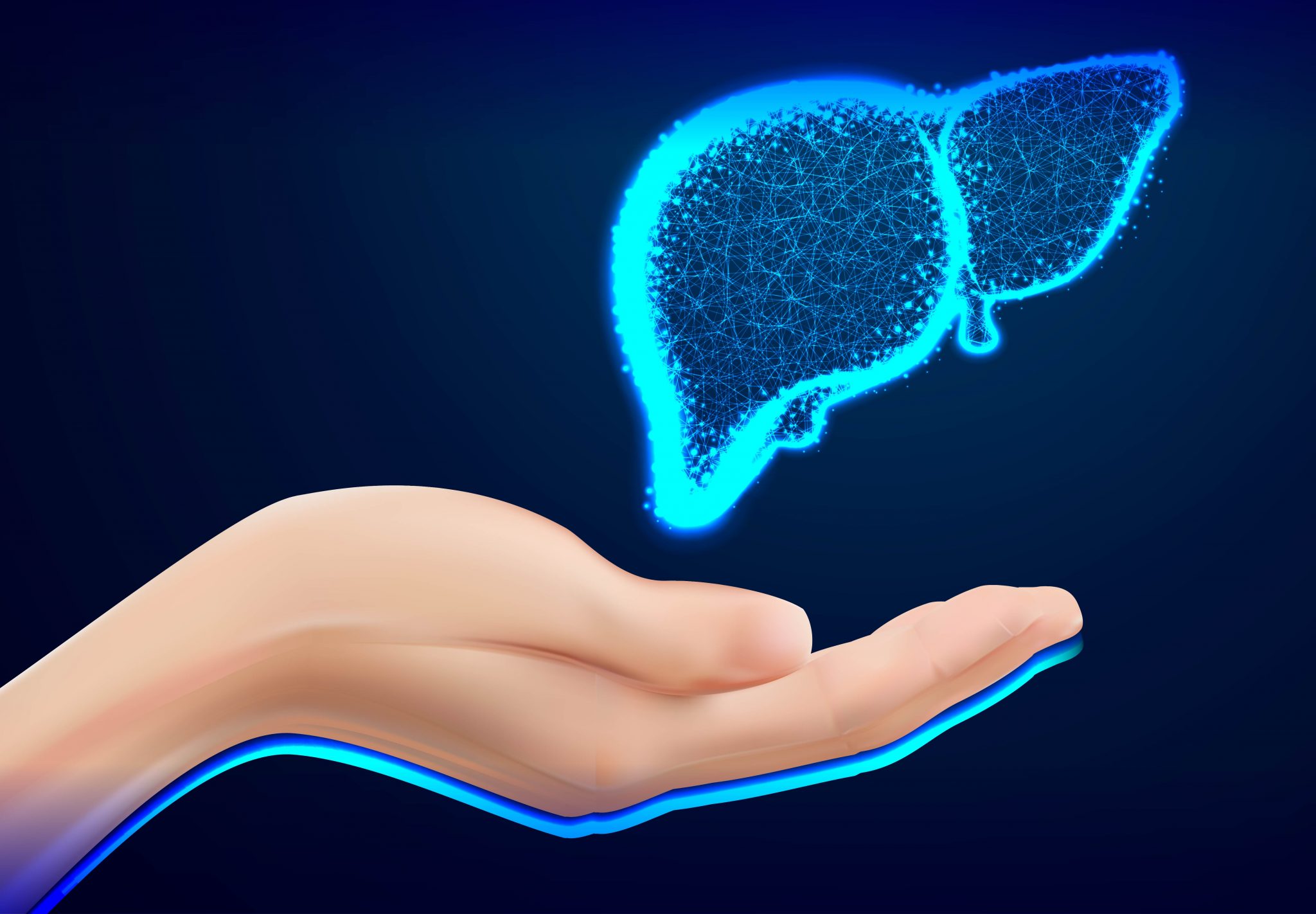Just did your annual health check and found that you have high cholesterol? Did you know your genes may affect your cholesterol levels? Continue reading on to learn the different factors that contributes to high cholesterol.
Cholesterol is a wax-like substance found in all around our body. Contrary to popular belief, our body actually needs cholesterol to build healthy cells, make hormones and vitamin D. However, high level of cholesterol may pose serious health concerns and can increase the risk of heart disease.
Atherosclerotic plaque formed from cholesterol blocks our blood flow
As the level of cholesterol increases, atherosclerotic plaques start building up on the wall of our blood vessel and making it difficult for blood to flow through the blood vessel. As time goes by, the blood vessels get narrower and lesser blood will be able to flow through the blood vessel. Subsequently, functions of important organs such as our heart or kidney will be affected and resulting in unstable angina (heartache) or acute kidney failure.

On the other hand, there is also a high risk of these plaques to break suddenly and form a clot circulate in the blood vessel. This clot may get stuck in smaller blood capillaries or even major blood vessels and cause blockage. If the blockage occurs in the blood vessel around our heart then it will cause heart attack. Similarly, if it occurs in the blood vessel around our brain, it will cause a stroke.
We are born with the genes that decides how sensitive we are towards cholesterol
The main two important risk factor that increases the level of fat in the blood can be due to genetics or an unhealthy lifestyle or both. Genes are a set of instructions that determine the function of each cell in our body.
A person can be born with gene mutations, or they can happen over a lifetime. However, a mutation in your DNA changes the cell functions. For example, not removing the bad cholesterol from your blood vessel efficiently or causes your liver to produce too much cholesterol.
Now lets have a closer look on the genes that are associated with high cholesterol
As a matter of fact, a variant in the genes that is related to the three genes mentioned bellow will result in an increase in the blood cholesterol level.

For example, the normal function of the APOB gene is involved in fat metabolism after digestion process take place. Not only that but it also aids in the transport of the needed fat into the cells where it can be broken or stored.
In contrast, when a mutation occurs in the APOB gene. It will result in changes in the function of the gene. For instance, it will reduce the fat metabolism rate. As a result, it will lead to an increase in the cholesterol level in the blood vessels. As well as, plaques will buildup on the blood vessel wall.
Mutation of the APOB gene is characterized by a high level of LDL cholesterol (bad fat) and atherosclerosis.
Lifestyle choices can have big impact on cholesterol level
Though some things are out of your control, like your age or heredity, you can control how your lifestyle affects your cholesterol.
An unhealthy lifestyle includes; inactive lifestyle, eating too many fast foods which make your body produce and store more of bad cholesterol than it needs. This is the cause of high LDL cholesterol for most people.

Top 6 lifestyle changes to improve your cholesterol
Ours has a history of cholesterol. So I eat fish frequently in order to keep my cholesterol down.
Florence Sheehan
It should be noted that high cholesterol increases the risk of heart disease such as a heart attack. Without a doubt, medications can help improve your cholesterol leve. But if you’d rather first make lifestyle changes to improve your cholesterol, try these six healthy changes:
- A healthy balanced diet
- Regular exercise
- Stop smoking
- Reduce weight
- Reduce fast food intake
- Drink alcohol only in moderation.
Luckily, there are ways to prevent serious health complications from high cholesterol level. For example, DNA testing, which includes inherited cholesterol test, can enable you to access your genetic risk and take necessary preventive measures in managing your health condition.
For more information about your unique genes, feel free to check out our website here or chat with us on Facebook to exchange ideas.
Refrence list:
Guichard, J. (2015). High Blood Cholesterol – What Do the New Guidelines Say?. [online] MyHeart. Available at: https://myheart.net/articles/high-blood-cholesterol-what-do-the-new-guidelines-say/ [Accessed 11 Sep. 2019].
Mayo Clinic. (2019). High cholesterol – Symptoms and causes. [online] Available at: https://www.mayoclinic.org/diseases-conditions/high-blood-cholesterol/symptoms-causes/syc-20350800 [Accessed 11 Sep. 2019].
Hypercholesterolemia, (2019). [online] Genetics Home Reference. Available at: https://ghr.nlm.nih.gov/condition/hypercholesterolemia#resources [Accessed 11 Sep. 2019].
Genetics Home Reference. (2019). APOB gene. [online] Available at: https://ghr.nlm.nih.gov/gene/APOB# [Accessed 11 Sep. 2019].
heart. (2019). Causes of High Cholesterol. [online] Available at: https://www.heart.org/en/health-topics/cholesterol/causes-of-high-cholesterol [Accessed 11 Sep. 2019].

